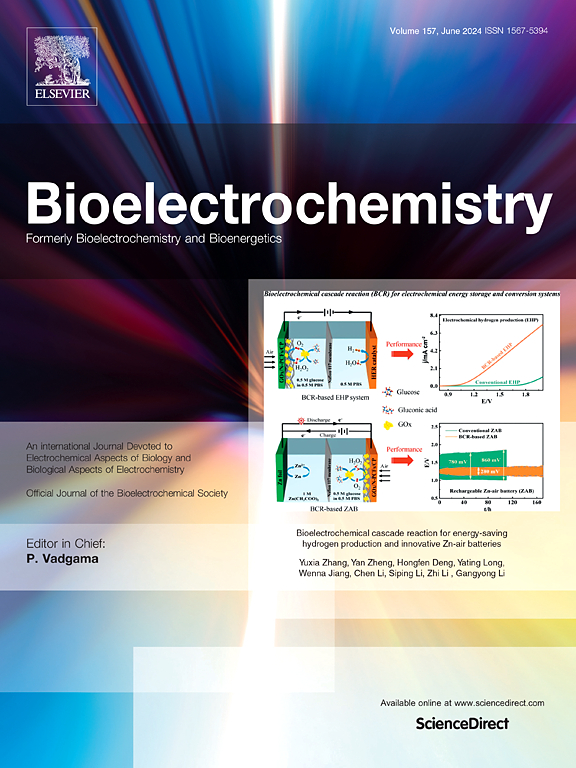Retrotransposons and the brain: Exploring a complex relationship between mobile elements, stress, and neurological health
IF 3.6
2区 医学
Q1 NEUROSCIENCES
引用次数: 0
Abstract
Environmental experiences during early life, including stress, can significantly impact brain development and behavior. Early life stress (ELS) is linked to an increased risk for various psychiatric disorders including anxiety, depression, and substance use disorders. Epigenetic mechanisms have increasingly been of interest to understand how environmental factors contribute to reprogramming the brain and alter risk and resilience to developing psychiatric disorders. However, we know very little about mobile elements or the regulation of mobile elements and their contribution to psychiatric disorders. Recently, advances in genomics have contributed to our understanding of mobile elements, including the retrotransposon LINE-1 (L1) and their potential role in mediating environmental experiences. Yet we still do not understand how these elements may contribute to psychiatric disorders. Future research leveraging cutting-edge technologies will deepen our understanding of these mobile elements. By elucidating their role in development and how stress may impact them, we may unlock new avenues for therapeutic and diagnostic innovations.
反转录转座子与大脑:探索移动元件、压力和神经系统健康之间的复杂关系
早期生活中的环境经历,包括压力,会对大脑发育和行为产生重大影响。早期生活压力(ELS)与各种精神疾病的风险增加有关,包括焦虑、抑郁和物质使用障碍。表观遗传机制越来越引起人们的兴趣,以了解环境因素如何促进大脑的重新编程,并改变发展精神疾病的风险和恢复能力。然而,我们对移动元素或移动元素的调节及其对精神疾病的贡献知之甚少。最近,基因组学的进展有助于我们了解包括逆转录转座子LINE-1 (L1)在内的可移动元件及其在介导环境体验中的潜在作用。然而,我们仍然不明白这些因素是如何导致精神疾病的。利用尖端技术的未来研究将加深我们对这些移动元素的理解。通过阐明它们在发展中的作用以及压力如何影响它们,我们可能会为治疗和诊断创新开辟新的途径。
本文章由计算机程序翻译,如有差异,请以英文原文为准。
求助全文
约1分钟内获得全文
求助全文
来源期刊

Neurobiology of Stress
Biochemistry, Genetics and Molecular Biology-Biochemistry
CiteScore
9.40
自引率
4.00%
发文量
74
审稿时长
48 days
期刊介绍:
Neurobiology of Stress is a multidisciplinary journal for the publication of original research and review articles on basic, translational and clinical research into stress and related disorders. It will focus on the impact of stress on the brain from cellular to behavioral functions and stress-related neuropsychiatric disorders (such as depression, trauma and anxiety). The translation of basic research findings into real-world applications will be a key aim of the journal.
Basic, translational and clinical research on the following topics as they relate to stress will be covered:
Molecular substrates and cell signaling,
Genetics and epigenetics,
Stress circuitry,
Structural and physiological plasticity,
Developmental Aspects,
Laboratory models of stress,
Neuroinflammation and pathology,
Memory and Cognition,
Motivational Processes,
Fear and Anxiety,
Stress-related neuropsychiatric disorders (including depression, PTSD, substance abuse),
Neuropsychopharmacology.
 求助内容:
求助内容: 应助结果提醒方式:
应助结果提醒方式:


